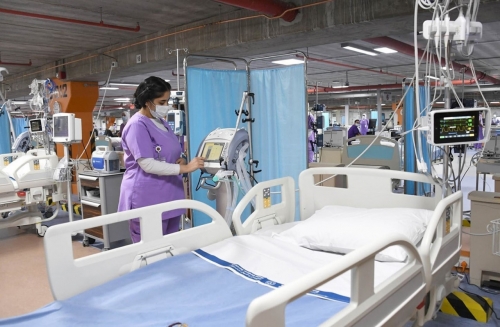Bahrain among first countries to provide Pfizer XBB 1.5 shot against COVID-19, new variants
Agencies | Manama
The Daily Tribune – www.newsofbahrain.com
The Kingdom of Bahrain has become among the first countries in the world to provide Pfizer XBB 1.5, the latest Pfizer-BioNTech bivalent booster shot developed against COVID-19 and its new variants.
The Health Ministry has announced that Pfizer XBB 1.5 vaccines are available at primary healthcare centres.
The Ministry called on those wishing to take the shot to go directly to the designated health centre starting yesterday (Dec 21) without prior online registration to book an appointment.
For those aged 12 and above, Pfizer XBB 1.5 will be given at Bank of Bahrain and Kuwait Health Centre in Hidd, Jidhafs Health Centre, Sitra Health Centre, Youssef Engineer Health Centre and Mohammed Jassim Kanoo Health Centre between 07:30 am and 07:00 pm, the Health Ministry said, adding that those aged between 5 and 11 will be able to take the new vaccine starting from December 27 at the Halat Bu Maher Health Centre, Hamad Kanoo Health Centre and Shaikh Jaber Al Ahmed Al Sabah Health Centre.
Commenting, Dr. Mohammed Al Awadhi, Public Health Director at the Ministry of Health, stressed the Ministry’s keenness to continue providing protection against Coronavirus and its mutations and variants to preserve the health and safety of the citizens and residents, as these boosters strengthen the body’s immunity.
Dr. Al Awadhi underlined the importance of taking the new booster vaccination, as it enhances the immunity of individuals and society and protects them from the virus and all its variants and complications. He called on the public to visit the Ministry's website (healthalerts.gov.bh) to be updated on the latest instructions and protocols for vaccination and booster doses.
Through introducing the most up-to-date vaccine against COVID-19 and its variants, the kingdom aims to provide protection for those wishing to take it, especially groups with high risk of contracting the disease and its complications, such as the elderly, those suffering from chronic diseases, and other priority groups determined by the Ministry of Health.
Related Posts

